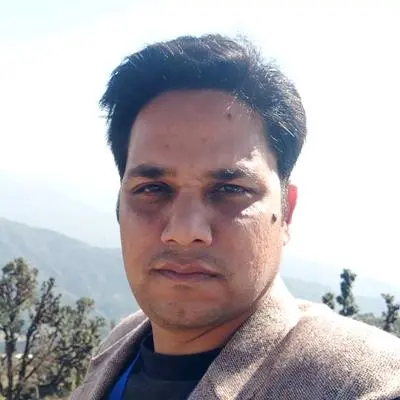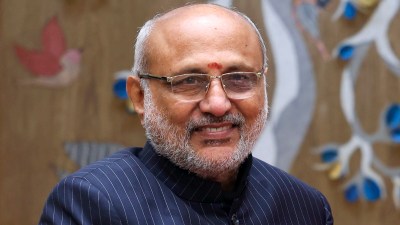On July 9, 45-year-old Uday Singh Rawat and his wife Anju will make a 100-km car journey, followed by an uphill trek of 10 km, to the village of Dronagiri, located at an altitude of 12,000 feet in Uttarakhand’s Chamoli district.
Rawat is one of 3,838 migrants from nine hamlets in the district who can vote in their home villages — for the first time since the formation of the state in 2000 — in the July 10 Badrinath Assembly bypoll. The lack of polling booths in these villages for all these years is explained by a simple but crucial consideration: the cold.

 The Badrinath Assembly seat fell vacant after Congress MLA Rajendra Singh Bhandari resigned from the House in March and joined the BJP.
The Badrinath Assembly seat fell vacant after Congress MLA Rajendra Singh Bhandari resigned from the House in March and joined the BJP.
Every year, residents of these nine high-altitude villages vacate their houses in the middle of October — when snowfall starts — and move to locations at a lower altitude, such as Gopeshwar, Karnaprayag, and Nandprayag. They return after April as the summer begins and the weather improves. Several residents have moved out, too. So, in previous Lok Sabha and Assembly elections, these migrant voters cast their ballot at polling stations that were closest to the locations they stayed in at that time, said Chamoli District Magistrate Himanshu Khurana.
Story continues below this ad
Rawat, who is a health communication officer in Nandprayag, said: “This will be the first time I cast my vote in my parental village for any election. Polling for Lok Sabha or Assembly elections has never been held in my village after Uttarakhand was carved out as a separate state. I am excited to vote in my parental village where my parents reside these days.”
 Uttarakhand’s Dronagiri village
Uttarakhand’s Dronagiri village
All nine villages — Dronagiri, Malari, Kailashpur, Gamshali, Jelum, Kosha, Jumma, Niti, and Mana — are located near the international border with China. Mana, called the “first Indian village”, is also a tourist attraction. These villages are mostly made up of people from Scheduled Tribes (STs), most of whom belong to the Bhotiya community.
The Badrinath Assembly seat fell vacant after Congress MLA Rajendra Singh Bhandari resigned from the House in March and joined the BJP. The BJP has fielded Bhandari while the Congress has fielded Lakhpat Singh Butola. There are two other candidates, including an independent.
Rawat said the journey to his village will take at least 12 hours. “As it is raining and the threat of landslides is ever present, I may have to make a few halts and that will increase the travel time. Halts will also be required because the oxygen level dips at high altitudes,” he said.
Story continues below this ad
Each of these nine villages will have polling stations. Khurana said the polling staff deployed for them will have to follow the same travel pattern — a road journey followed by a trek to the polling station. They will leave on July 8 so that they can get adequate rest on July 9 before the polling on July 10. Niti village is at an altitude of around 11,000 feet and Mana is at 10,500 feet.
For setting up the polling station, the district administration is using primary schools that have been lying unused for a long time. In the past, children would split their academic year equally between schools in their own villages and those at lower-altitude places, where they would migrate to.
 After the formation of Uttarakhand in November 2000, five Assembly and as many Lok Sabha elections have been held in the state.
After the formation of Uttarakhand in November 2000, five Assembly and as many Lok Sabha elections have been held in the state.
“But for the past several years, people have permanently enrolled their children in schools at lower altitudes to ensure uninterrupted studies. So, the schools in these villages are lying unused. For the polling, electricity supply has been restored to the buildings, tables and chairs have been arranged, whitewash has been done and surroundings have been cleaned. Emergency lights, too, have been arranged because power cuts happen in bad weather,” said a district official.
Khurana said: “As per the Election Commission’s concept of ‘assured minimum facility’, things such as ramps, electricity, water, shade and other arrangements have been ensured at these polling stations. The buildings being used as booths were intact and the remaining maintenance work related to electricity has been completed.”
Story continues below this ad
After the formation of Uttarakhand in November 2000, five Assembly and as many Lok Sabha elections have been held in the state.


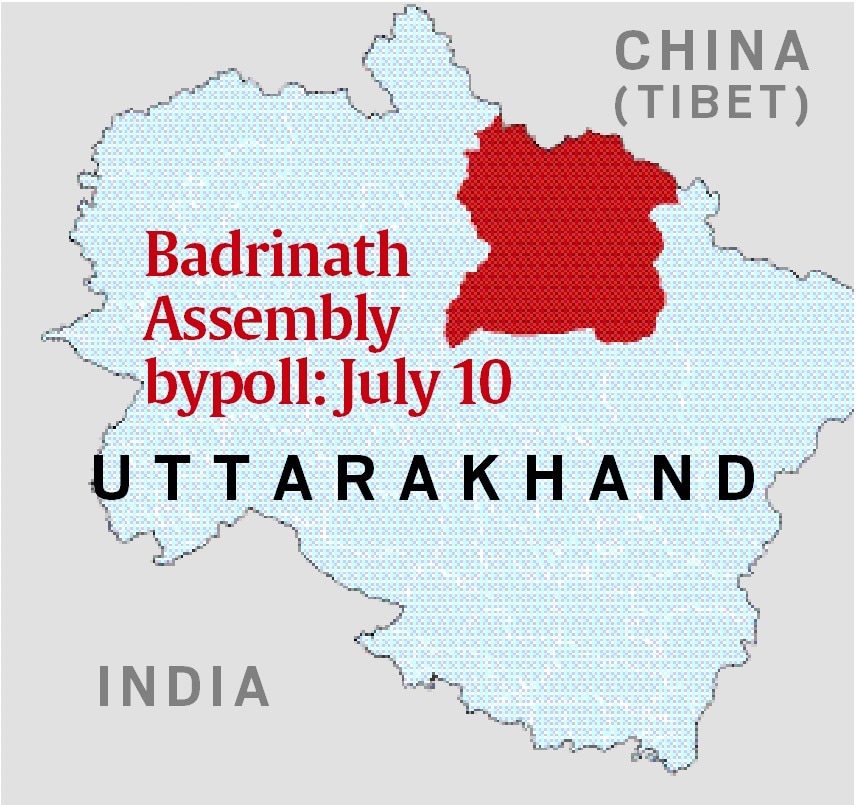 The Badrinath Assembly seat fell vacant after Congress MLA Rajendra Singh Bhandari resigned from the House in March and joined the BJP.
The Badrinath Assembly seat fell vacant after Congress MLA Rajendra Singh Bhandari resigned from the House in March and joined the BJP.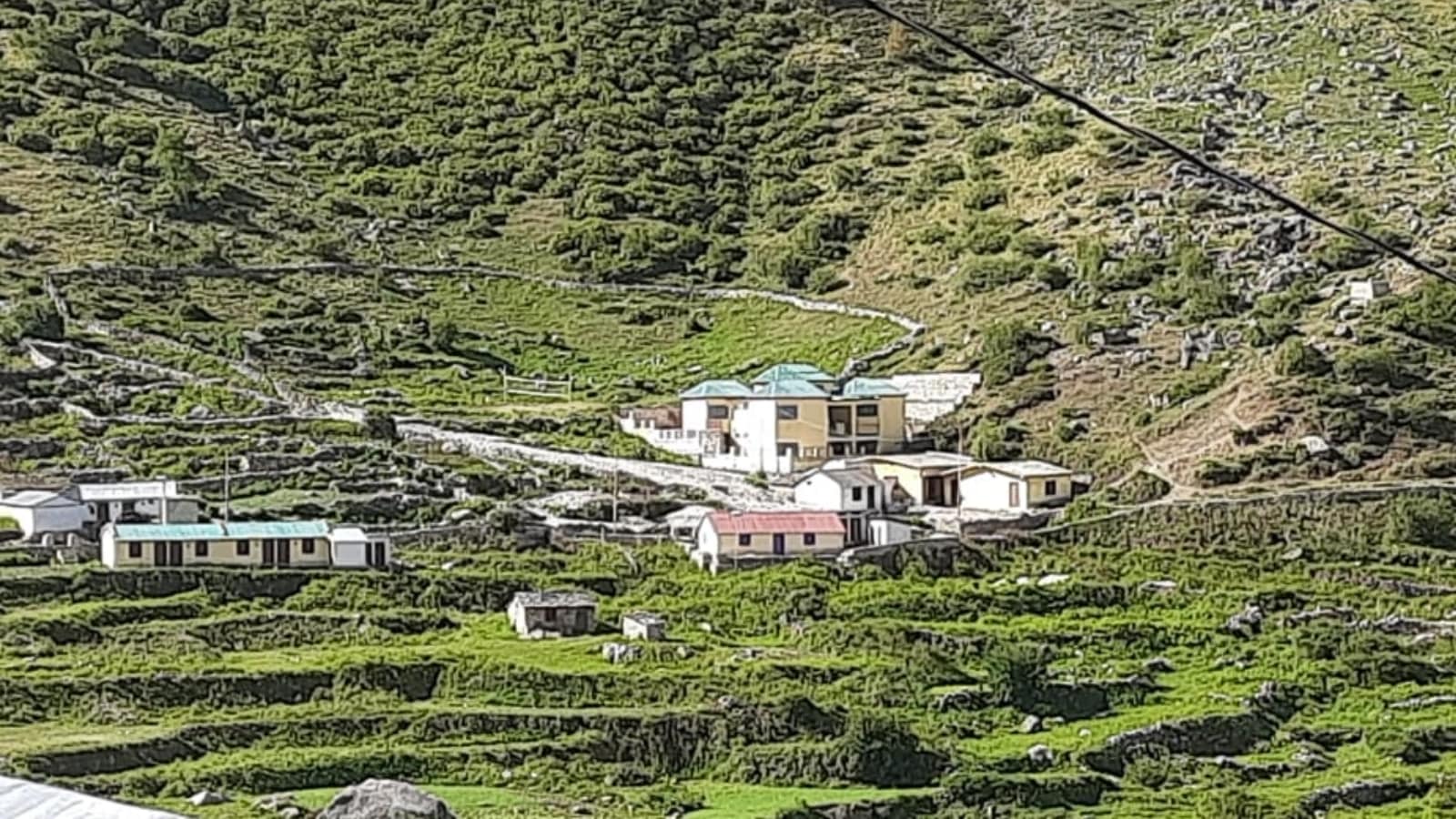 Uttarakhand’s Dronagiri village
Uttarakhand’s Dronagiri village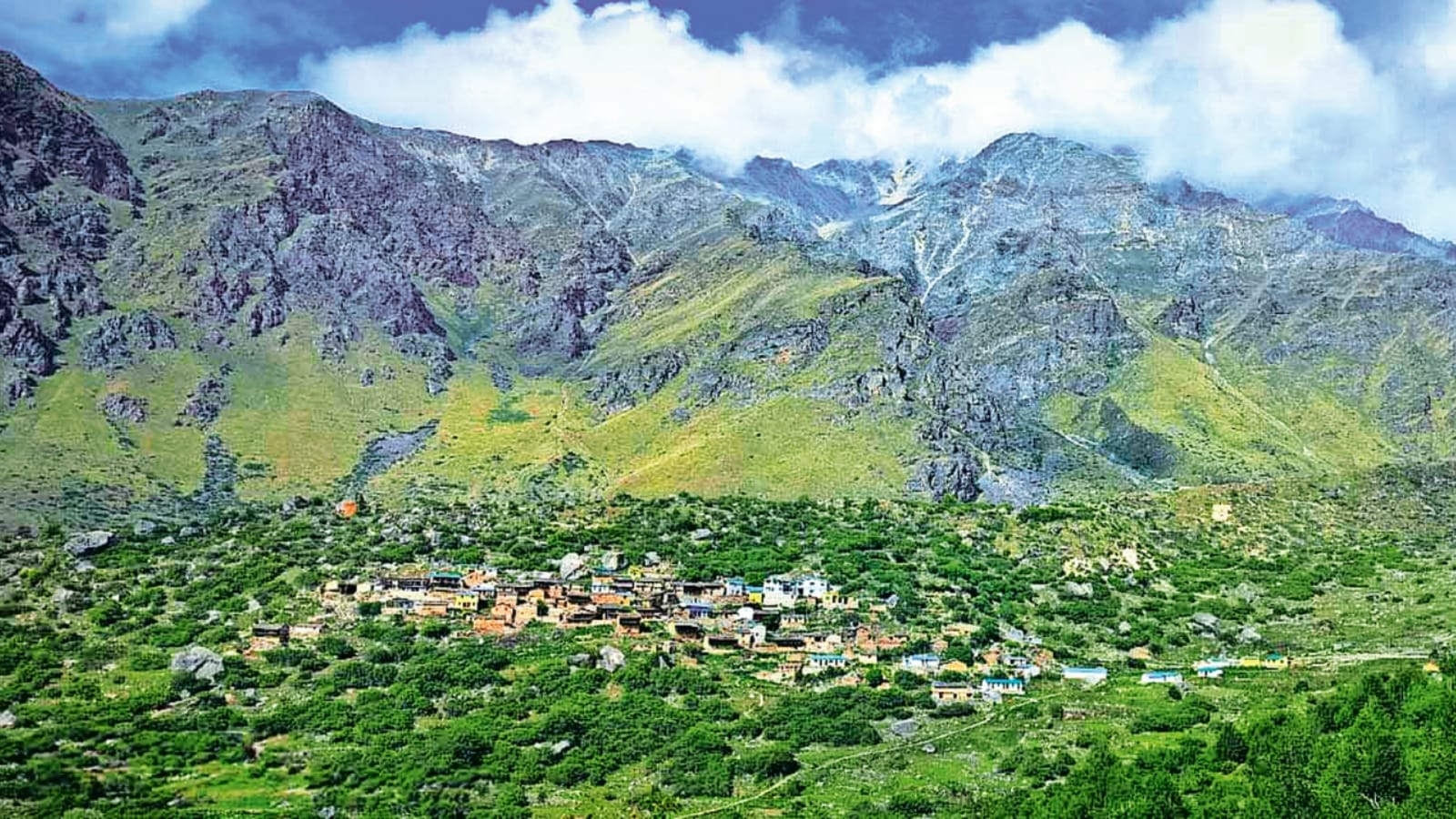 After the formation of Uttarakhand in November 2000, five Assembly and as many Lok Sabha elections have been held in the state.
After the formation of Uttarakhand in November 2000, five Assembly and as many Lok Sabha elections have been held in the state.